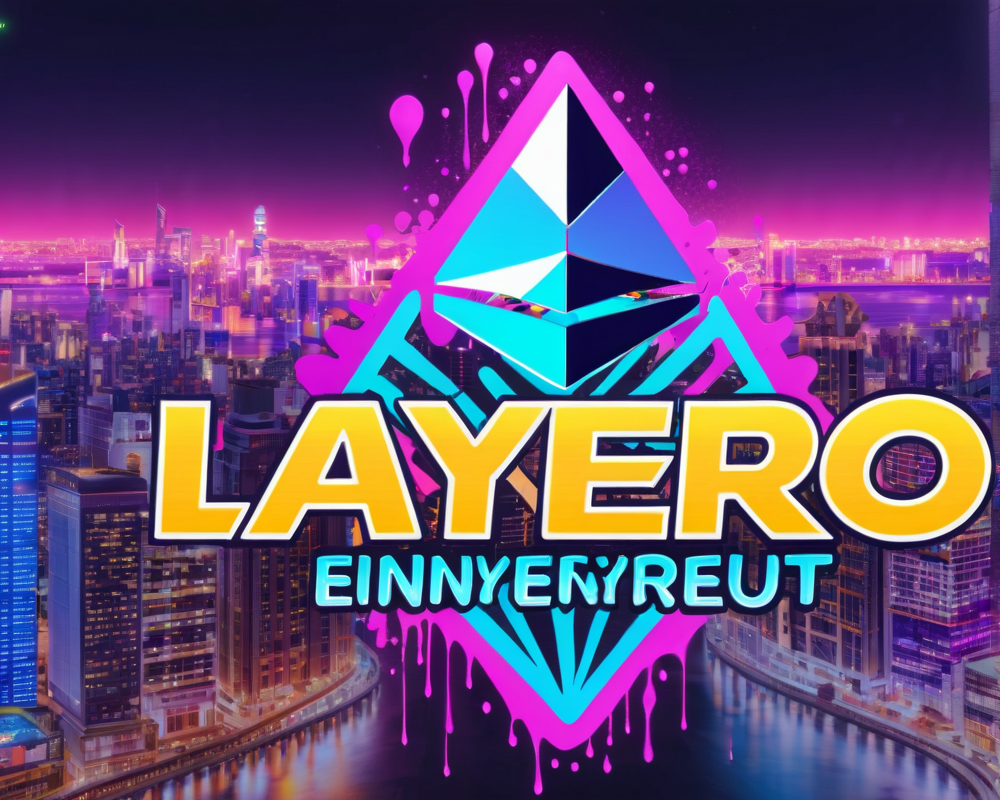A Token Divided
There’s nothing like a fresh token launch to stir the pot in the Ethereum world, and LayerZero’s recent introduction of the Wrapped Staked Ether (wstETH) is no exception. Launched on BNB Chain, Avalanche, and Scroll without the golden stamp of approval from Lido DAO, this venture has become a lightning rod for criticism. Why? Well, nine protocols, including heavyweights like Connext and Celer, are raising a ruckus claiming that this token is nothing but a proprietary party favor that leaves token issuers wishing for more freedom.
Freedom Fighters Unite
On October 27, in a dramatic twist worthy of Hollywood, these nine protocols banded together to proclaim their united front against what they’re dubbing a “vendor-locked proprietary standard.” They are hereby calling for Open Bridge Standards. In their statement, they argue that the new wstETH creates “systemic risks for projects that can be tough to quantify.” Sounds fancy, but what does it mean for the average Joe? Essentially, they’re worried about being stuck in a system designed to benefit only some protocols.
The Staking Saga
For those unacquainted, Lido Staked Ether, or stETH, is a liquid staking derivative. Users deposit Ether into the Lido protocol, and in return, they get stETH that they can trade around. Previously unavailable on BNB Chain, Avalanche, and Scroll, LayerZero’s new offering has created ample opportunities — but at what cost? The major players are not just upset about the token; they’re worried that this could lead to a centralized nightmare if a security issue arises and everyone’s sitting on a mountain of wstETH.
Marketing Madness
LayerZero’s launch strategy has been criticized as being sneakier than a cat burglar in the night. On the same day of the token’s launch, LayerZero proposed that Lido DAO should adopt wstETH as the gold standard for stETH on all three networks. Some members of the Lido DAO even accused the team of attempting to mislead users into thinking the DAO had already given their blessing. Talk about a marketing campaign backfiring!
Words from LayerZero
In response to the bubbling discontent, LayerZero defended their token and proposed structure, stating that their protocol for wstETH is as solid as a rock, backed by multiple audits. They insist that the omnichain fungible-token (OFT) standard is open-source and used by numerous projects to facilitate hassle-free transfers — $3 billion worth, to be exact. Yet, despite their cool claims, the pushback from Lido members remains fierce.
The Road Ahead
As the dust settles (or continues to rise), the Ethereum ecosystem faces a critical choice. Will they embrace a system that some argue could threaten decentralization, or will they rally around the calls for open standards? One thing’s for sure: in the ever-turbulent waters of cryptocurrency, the only constant is change — and a bit of drama, of course.



